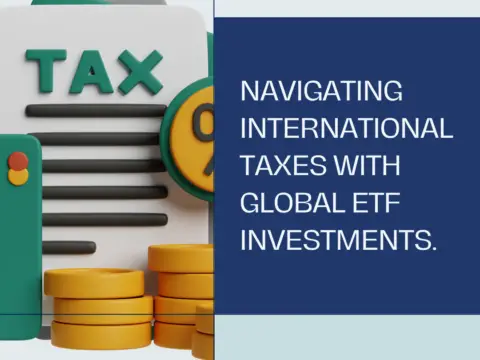The emergence of the metaverse has not only revolutionized digital interactions but has also extended its influence into the realm of tourism. Virtual travel experiences within the metaverse offer users the opportunity to explore destinations, immerse themselves in diverse cultures, and redefine the traditional boundaries of tourism. In this exploration, we delve into the fusion of the metaverse and tourism, examining how virtual travel and destination exploration are reshaping the way individuals experience and engage with the world.
1. Virtual Travel Experiences:
- Immersive Destinations: Within the metaverse, users can embark on immersive virtual journeys to destinations recreated with stunning detail. From iconic landmarks to natural wonders, virtual travel experiences replicate the essence of real-world destinations.
- Cultural Exploration: Virtual travel allows individuals to engage with and experience the richness of different cultures. Through metaverse platforms, users can attend virtual events, festivals, and explore cultural exhibits, fostering a sense of global connectivity.
2. Destination Recreation in the Metaverse:
- Digital Twins: The metaverse enables the creation of digital twins of real-world destinations. These virtual replicas not only serve as interactive attractions but also provide valuable insights for travelers planning future physical visits.
- Interactive Landmarks: Users can virtually interact with landmarks and historical sites, gaining historical context and engaging in educational experiences. The metaverse transforms static images into dynamic, participatory environments.
3. Social Connectivity in Virtual Destinations:
- Shared Experiences: Metaverse tourism emphasizes social connectivity. Users can explore virtual destinations together, share experiences, and interact with others in real-time, creating a sense of community within the digital realm.
- Virtual Tourism Events: The metaverse hosts virtual tourism events where users can participate in guided tours, attend digital travel fairs, and interact with tourism industry professionals, creating a bridge between the digital and physical travel realms.
4. NFTs and Virtual Travel Collectibles:
- Digital Souvenirs: Non-Fungible Tokens (NFTs) play a role in metaverse tourism by offering digital souvenirs. Users can collect NFTs representing virtual travel experiences, landmarks, and events, creating a novel form of digital memorabilia.
- Ownership and Authenticity: NFTs provide a means for users to claim ownership of virtual assets within the metaverse. This includes ownership of virtual real estate, unique landmarks, and exclusive travel-related content, adding a layer of authenticity to virtual tourism.
5. Opportunities for the Tourism Industry:
- Virtual Travel Agencies: The metaverse opens avenues for the creation of virtual travel agencies that curate and offer unique virtual travel experiences. These agencies can cater to a global audience, transcending geographical constraints.
- Digital Marketing and Promotion: Destinations and tourism-related businesses can leverage the metaverse for innovative digital marketing campaigns. Virtual experiences can be promoted to attract a diverse audience and generate interest in physical travel.
6. Challenges and Considerations:
- Digital Inclusivity: Ensuring that virtual travel experiences are accessible to a broad audience, including those with varying technological capabilities, is a consideration for the development of metaverse tourism.
- Balancing Real and Virtual Experiences: While metaverse tourism provides exciting possibilities, it’s essential to strike a balance between virtual exploration and the authenticity of physical travel experiences.
Conclusion: Metaverse tourism represents a paradigm shift in the way individuals engage with travel and explore destinations. As the metaverse continues to evolve, the fusion of virtual travel and destination exploration offers a transformative and inclusive approach to experiencing the world. Whether as a supplement to physical travel or a standalone experience, metaverse tourism opens doors to new dimensions of exploration, fostering a global community of digital travelers.




